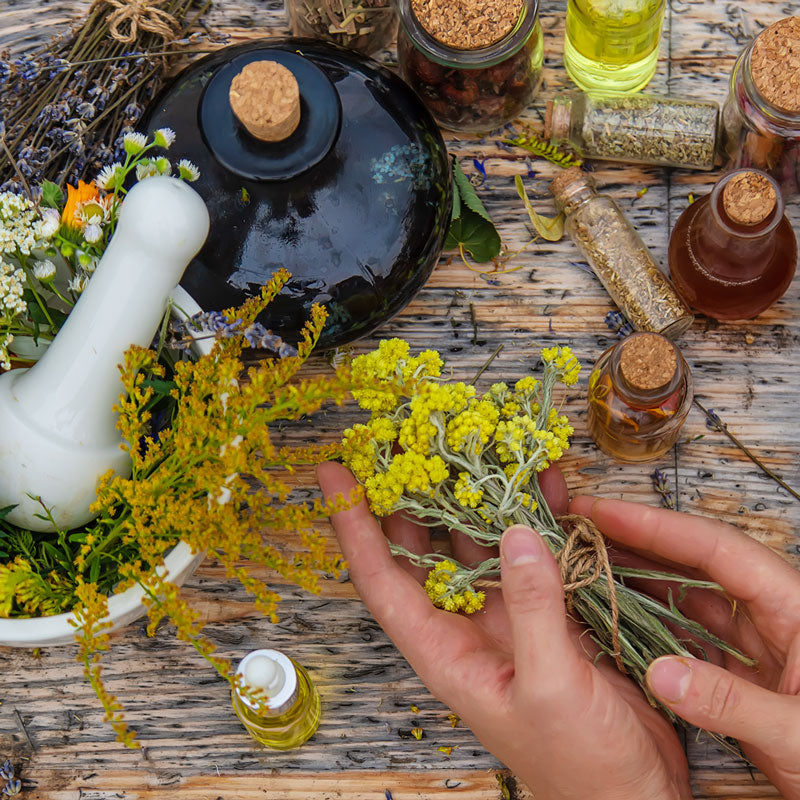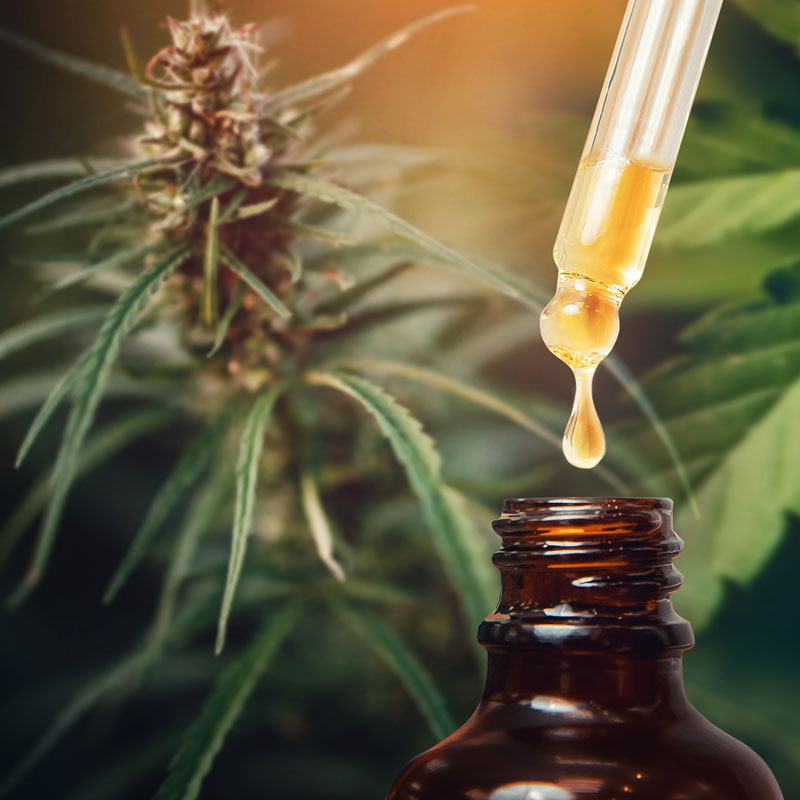The Influence of Chinese Herbal Ingredients in Herbalism and Naturopathy

For over a millennium, Traditional Chinese Herbalism has cultivated a diverse array of botanicals. These ingredients, valued for their unique flavors and uses, have influenced modern herbal and naturopathic practices worldwide.
Ginseng (Panax ginseng)
Ginseng, often referred to as the “king of herbs”, has a sweet yet slightly bitter, earthy flavor. Historically used in traditional botanical practices, ginseng remains a staple in herbal preparations today. Some studies explore its potential effects on energy and mental focus. Learn how to make a ginseng tincture using 200 proof food grade ethanol.
Astragalus (Astragalus membranaceus)
Astragalus root carries a mildly sweet taste with an earthy aroma. In traditional practices, it has been used to support energy and balance. Modern herbalism continues to explore its versatile applications.
Ginkgo Biloba
The fan-shaped leaves of the ginkgo tree produce a mildly sweet, slightly astringent flavor. Ginkgo biloba is commonly included in botanical formulations and wellness products. It has been the subject of research into cognitive function and circulation. Learn how to make a ginkgo biloba tincture using 200 proof food grade ethanol.
Licorice Root (Glycyrrhiza glabra)
With its sweet, anise-like aroma, licorice root is a popular ingredient in herbal blends. In traditional herbalism, it has been used to balance and harmonize herbal formulations. Today, it is frequently found in throat-coating teas and botanical infusions. Learn how to make a licorice root tincture using 200 proof food grade ethanol.
Goji Berries (Lycium barbarum)
Goji berries are known for their vibrant red color and tangy-sweet flavor. These berries have been traditionally incorporated into teas, soups, and herbal preparations. In modern wellness, they are often described as a nutrient-rich superfood.
Dong Quai (Angelica sinensis)
Often called “female ginseng”, dong quai features a strong, slightly bitter-sweet flavor. It has been used traditionally in herbal blends and botanical infusions. Dong quai remains a common component in herbal wellness formulations.

Over centuries, these botanicals have traveled across cultures, finding their place in modern herbalism and natural wellness practices. Their legacy highlights the enduring role of traditional herbal knowledge in today’s world.
Disclaimer: This content is for educational purposes only. No medical claims are made regarding the ingredients or tinctures mentioned. Consult a healthcare professional before using herbal products.








